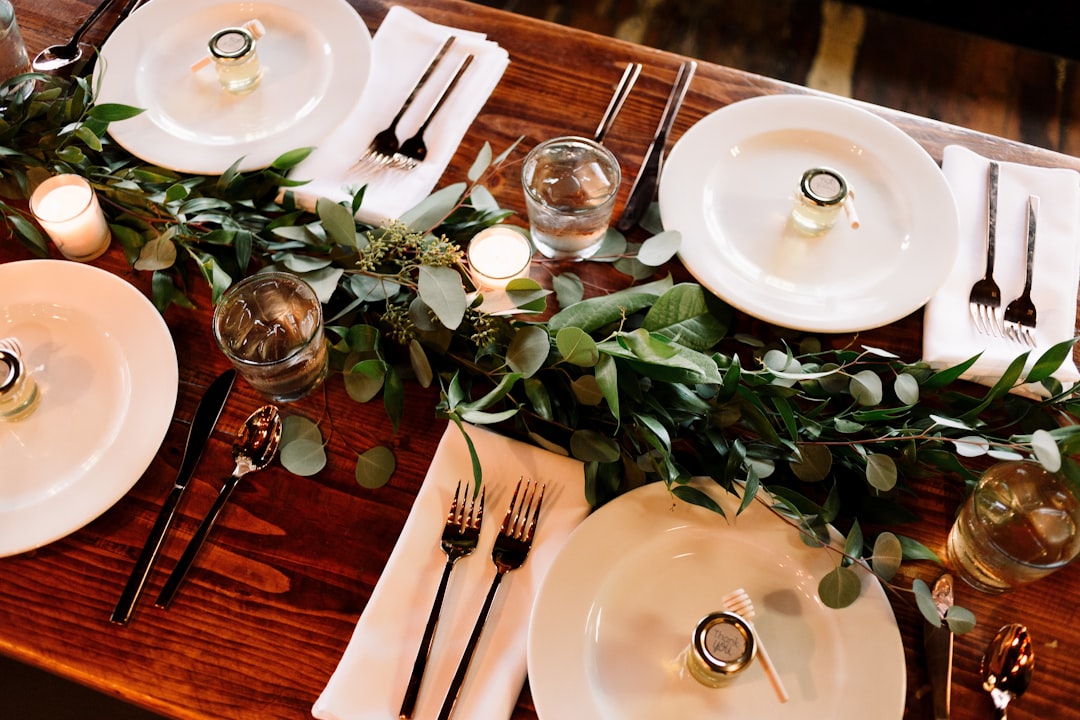How to Say No
Saying No: The Art of Setting Boundaries
Learning to say no is an essential skill that many of us struggle with. Whether it's saying no to extra work, social obligations, or even personal requests, saying no can be challenging. However, setting boundaries and prioritizing your own needs is crucial for maintaining a healthy work-life balance and preventing burnout.
Why Saying No is Important
When you say yes to everything, you may find yourself overwhelmed and overcommitted. Constantly taking on more tasks and responsibilities can lead to stress, exhaustion, and a decline in the quality of your work. By saying no, you are acknowledging your limits and ensuring that you have enough time and energy to devote to the things that truly matter.

Tips for Saying No Effectively
1. Be assertive: When saying no, it's important to be clear and direct. Avoid using vague or apologetic language that may leave room for negotiation. Instead, state your decision firmly and confidently.
2. Offer alternatives: If you genuinely want to help but cannot commit to the request, consider offering alternatives. Suggest someone else who may be able to assist or propose a different solution that works within your limitations.

Setting Boundaries in the Workplace
In a professional setting, saying no can be particularly challenging. However, setting boundaries is essential for maintaining your productivity and well-being. Here are a few strategies for saying no at work:
- Be honest and transparent about your workload and priorities.
- Explain the potential consequences of taking on additional tasks when you are already stretched thin.
- Offer to renegotiate deadlines or delegate some of your responsibilities.

Saying No in Personal Relationships
Setting boundaries in personal relationships is equally important. Here are a few tips for saying no to friends, family, or loved ones:
- Communicate your needs and limitations openly and honestly.
- Express gratitude for the request but explain why you cannot fulfill it.
- Suggest alternative ways to support or spend time together that align with your boundaries.

Practice Makes Perfect
Remember, saying no is a skill that improves with practice. It may feel uncomfortable at first, but the more you prioritize your own needs and set boundaries, the easier it will become. Saying no is not selfish; it's an act of self-care and self-preservation.

Conclusion
Learning to say no is a valuable skill that allows you to take control of your time, energy, and overall well-being. By setting boundaries and prioritizing what truly matters, you can lead a more balanced and fulfilling life. So, don't be afraid to say no when necessary and remember that it's okay to put yourself first.
The content on this site is for informational or educational purposes only, and does not substitute professional medical advice or consultations with healthcare professionals.